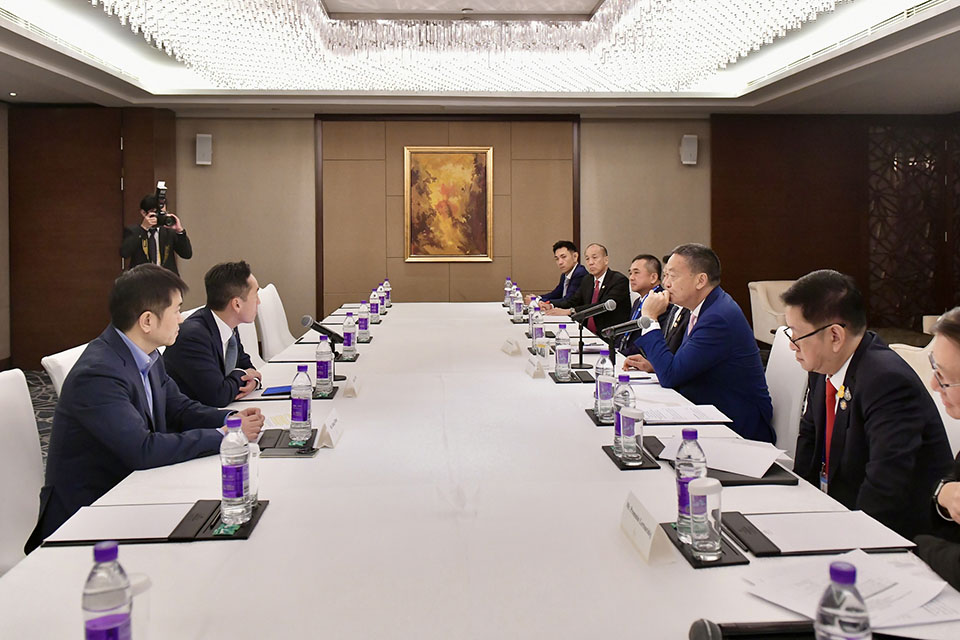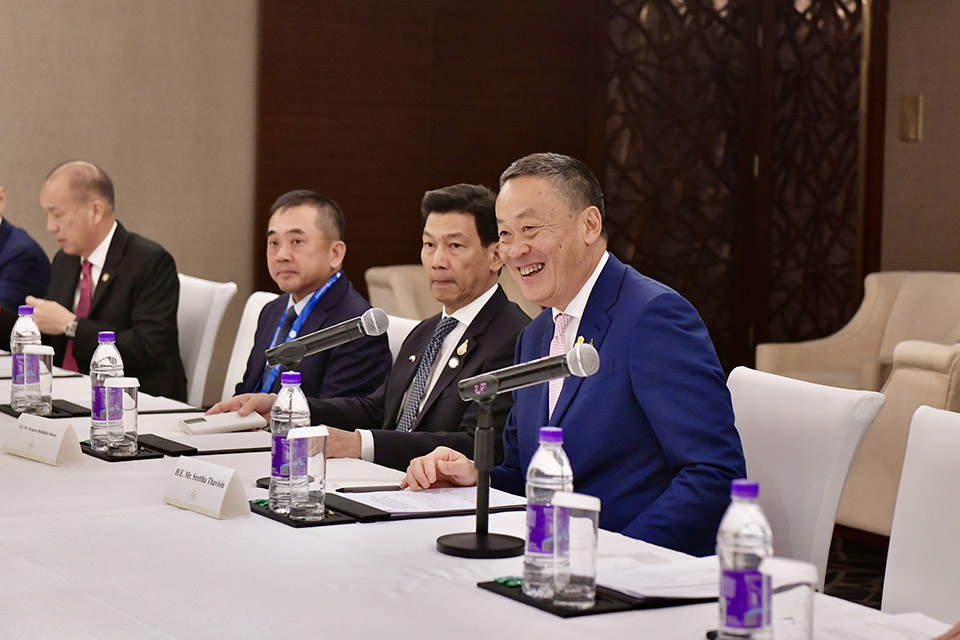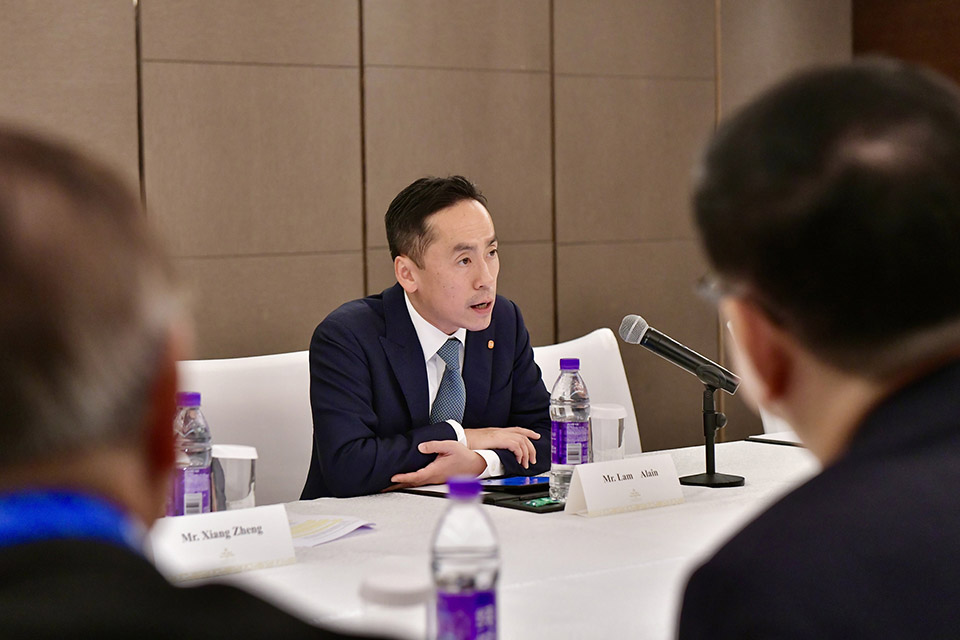
Thai Prime Minister and Finance Minister Srettha Thavisin urged Xiaomi executives to expand market and Investment in Thailand, expressing confidence in the kingdom’s business potential benefitting all parties.
The Thai prime minister is attending the third Belt and Road Forum for International Cooperation (BRF) in China.
At 13:00 local time in Beijing (one hour ahead of Thailand), Mr. Alain Lam, Vice President and CFO of Xiaomi met Mr. Srettha, according to government spokesman Chai Wacharonke.
Xiaomi is an innovative electronics manufacturer that has excelled in creating diverse digital industries, particularly in producing Android-based mobile phones. The company commenced its operations in Thailand in 2018 and has consistently grown, with Thailand serving as its regional headquarters in Southeast Asia. It has provided various forms of support to Thailand, including during the COVID-19 pandemic and educational initiatives.

Xiaomi established Xiaomi Technology (Thailand) Co., Ltd. to distribute and market mobile phones in Thailand while continuously expanding its presence in Southeast Asia, with Indonesia being its largest market followed by Thailand.
The prime minister thanked Xiaomi for their involvement in the Research and Development of the land bridge project connecting Chumphon province on Thailand’s eastern coast and Ranong province along the Andaman sea, which is an opportunity for both parties to collaborate in the Belt and Road Initiative (BRI)’s framework.
Xiaomi is currently exploring potential locations for manufacturing or production facilities to support its growth in various sectors, including electric vehicles (EVs).

The Prime Minister expressed confidence in Thailand becoming a regional hub for EV production due to the favorable factors and supportive environment. Thailand is the first country to implement carbon credit measures on both the supply and demand sides. Several manufacturers have expressed their interest in establishing EV production plants in Thailand.
Xiaomi welcomed the opportunity to expand the production of various electronic components in Thailand. This would contribute to enhancing the manufacturing skills of the Thai workforce and address labor skill shortages through training programs. (TNA)






